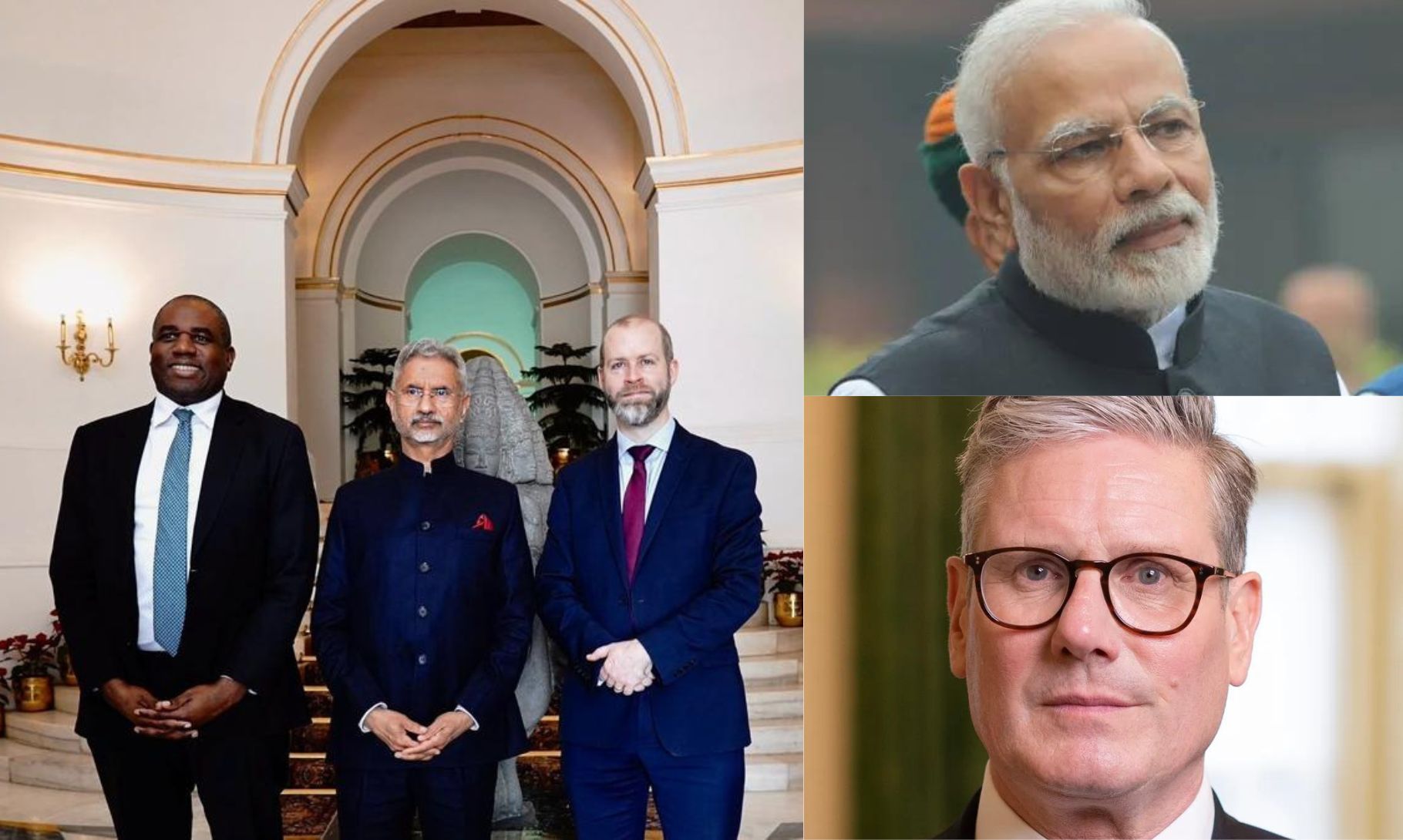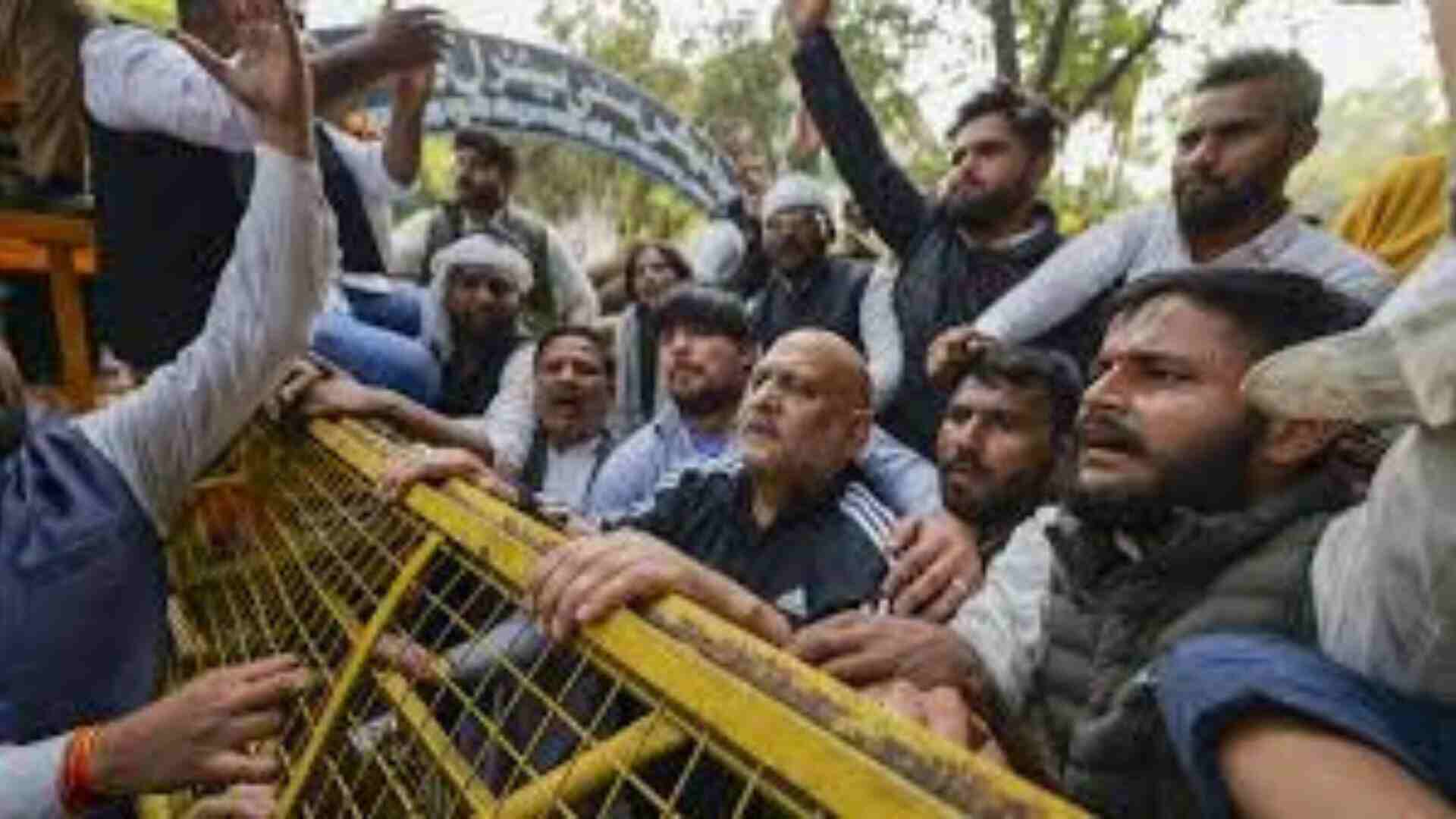
Prime Minister Narendra Modi congratulated newly elected UK Prime Minister Keir Starmer on his party’s clear win on Saturday. This highlights India’s readiness for an upcoming high-profile visit from the new UK government soon. Recent interactions and visits by important Labour Party members to India further emphasize the active efforts to strengthen relations between India and the Labour Party.
Foreign Secretary David Lammy and other Labour Party leaders had visited Delhi in February, showing Labour’s keenness to strengthen relations, including talks about a possible trade deal between India and the UK. However, there are ongoing challenges, especially concerning how goods and services can enter each other’s markets after Brexit, contrasting with issues about people moving between the countries.
The Labour Party’s win is expected to lead to changes in policies, especially regarding contentious issues like immigration and sensitive historical matters such as Kashmir and Khalistan, which have been crucial in Indo-UK relations. Labour aims to moderate its stance on these issues, but some MPs with ties to diaspora communities still support sensitive causes, which could complicate Labour’s efforts to reshape its positions.
The Indian High Commission in London has actively engaged with both Labour and Conservative parties, organizing events that demonstrate India’s even-handed approach to UK politics. The upcoming ASEAN Summit could pave the way for the first major visit by the new UK government to Delhi, possibly focusing on talks about bilateral deals and strategic partnerships.
Economic cooperation remains crucial, especially with hopes for progress on the India-UK Free Trade Agreement, important for both countries after Brexit. However, negotiations are intricate due to differing priorities on market access and immigration policies.
While the Labour Party’s election victory suggests possible changes in Indo-UK relations, covering economic and diplomatic aspects, addressing historical sensitivities and policy differences will be crucial for future interactions. Keir Starmer’s government faces the challenge of managing political complexities to build a strong and balanced relationship beneficial to both nations.















